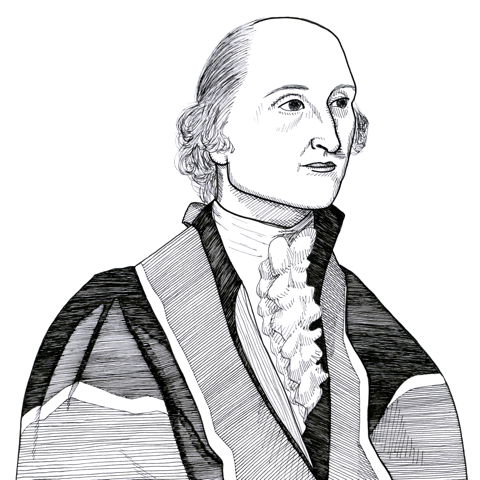
John Jay in The Federalist Papers discussed why nations go to war and concluded that it was not for justice but “whenever they have a prospect of getting any thing by it” (1787)
Found in: The Federalist (Gideon ed.)
In a series of Federalist Papers, John Jay explores how a national government in America might deal with the problems of war and peace:
War & Peace
It is too true, however disgraceful it may be to human nature, that nations in general will make war whenever they have a prospect of getting any thing by it; nay, that absolute monarchs will often make war when their nations are to get nothing by it, but for purposes and objects merely personal, such as, a thirst for military glory, revenge for personal affronts, ambition, or private compacts to aggrandize or support their particular families, or partisans. These, and a variety of motives, which affect only the mind of the sovereign, often lead him to engage in wars not sanctioned by justice, or the voice and interests of his people.